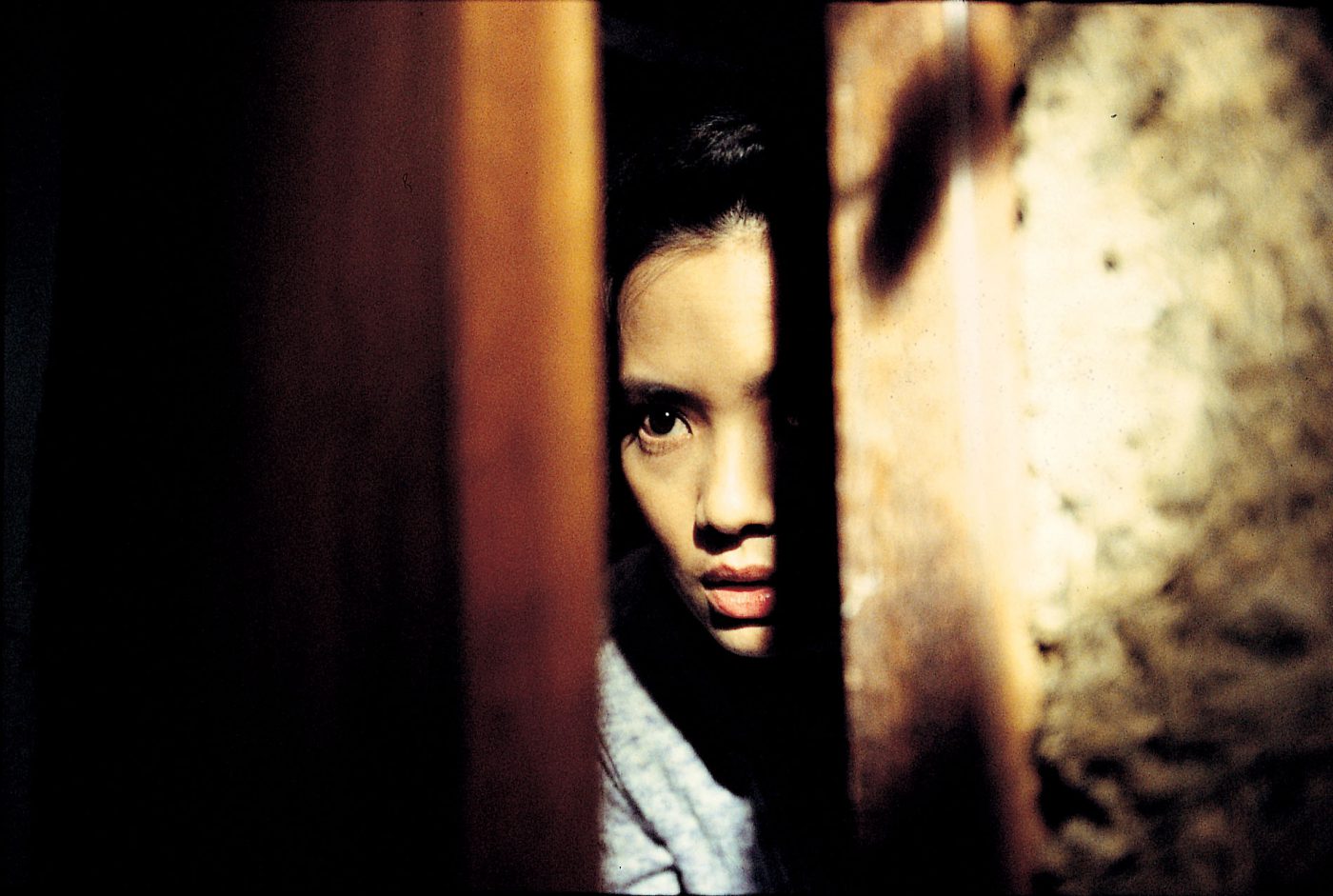Taiwan Film Festival Student Journalist Prize 2018 Winner

Winner:
Derick Bennett / University of Salford
Film Review:
[ Goodbye, Dragon Inn ]
If these walls could talk, as the old saying goes, what would they say? The idea that a oncepopular cinema, now in its final death throes, can act as a repository for the experiences of its patrons is the rumination at the heart of Tsai Ming-Liang’s Goodbye, Dragon Inn. Elegiac in tone, yet interspersed with moments of humour, the film acts as a cinematic love letter to a bygone era; an era of prolific filmmaking, but also one of similarly prolific film-viewing.
Throughout its 82-minute runtime, we are watching a film about people watching films. Or rather, one film in particular: The eponymous Dragon Inn, King Hu’s 1967 wuxia classic. This derelict theatre, in its final night of existence, plays host to a collection of cinemagoers, each with their own level of investment in the film. A Japanese tourist who stumbles in from the rain seems to be cruising for a hook-up, whilst an elderly gentleman with a familiar look about him is engrossed in the film. One woman is seemingly only there to eat peanuts in the loudest way possible, the detritus of her disposed shells coating the stairway between the stalls. These guests are presided over by the lady who works in the ticket office, her job extending to general caretaker and occasional admirer of the film projectionist.
For the most part, however, this is a ghost story. Whilst ostensibly set over the course of a single screening of Dragon Inn, Tsai shows us audiences from different periods in the theatre’s lifespan. Early on, we see the screen in its glory days, packed with cinephiles from all walks of life, engrossed in the film and watching attentively. This is gradually revealed to be an echo of the past, for the crowd we spend much of the film with can be accounted for on both hands. The scarcity of human presence and dialogue serves to emphasise the cavernous emptiness of the building, its faded opulence a metaphor of the neglect shown by audiences who have long since abandoned the cinemagoing ritual in favour of other pastimes. The torrential rain outside forms the soundtrack to many sequences, seeping into the old premises and dripping into buckets and puddles. There is no dramatic action moving things forward, a collection of
sequence shots instead revealing Tsai’s intent to mourn the passing of the cinema’s heyday with quiet contemplation.
This is in some ways a crystallisation of the director’s previous thematic hallmarks. Much of Tsai’s cinema features languid, ponderous pacing which foregrounds the theme of human agency underpinning his most acclaimed works. His films are about people, set around people, exploring that which is felt within people. As viewers, each static take locates us as present within the scene, evoking a strong sense of place – In the screen, we are in one of the back rows looking down on the people in front, or we are sat just behind the Japanese tourist as he is distracted by the ‘peanut’ lady. Other times we are staring down empty corridors, watching the caretaker in her tentative pursuit of the projectionist. Each of these people have come here looking for something, for Tsai posits the cinema as a spiritual nexus, a place for shared experiences, experiences now reaching an end with the imminent closure of the building.
As the credits roll on the final showing of Dragon Inn, the house lights come up and the ruse is revealed – it seems as if the screen has been empty the whole time, and the assorted souls we have seen pass through existed only in previous timelines. The final hurrah of the theatre is anticlimactic, and the camera lingers for an unbroken 5 minutes as we watch the ticket lady cleaning for the last time ever. There is an incredible poignancy as we bear witness to the loss of this once-cherished dream factory. Then, in an effective stroke of metanarrative, the two elderly gentlemen we have seen at various points are revealed to be Shih Chun and Miao Tien, actors from the original Dragon Inn. Chun laments that “No-one goes to the movies anymore… and noone remembers us anymore”.
Let’s hope, for all our sakes, that he is mistaken.
 No products in the basket.
No products in the basket.